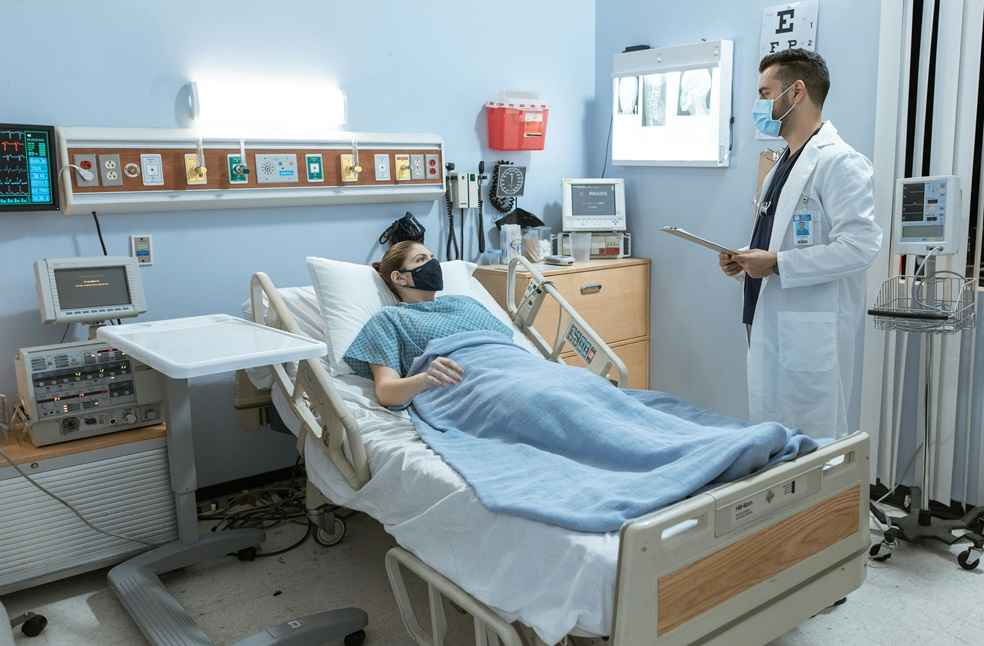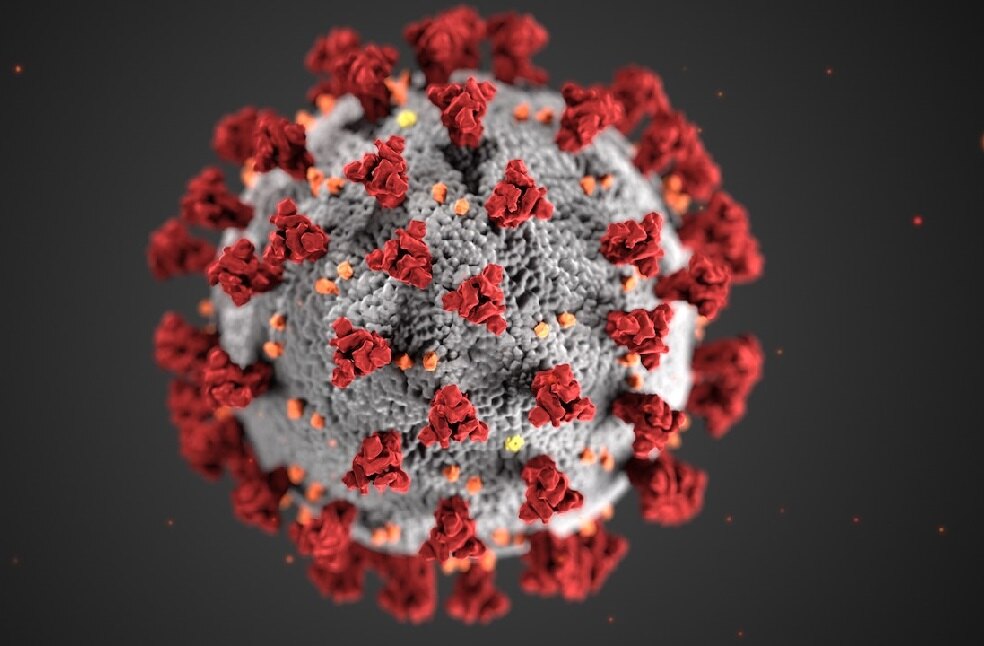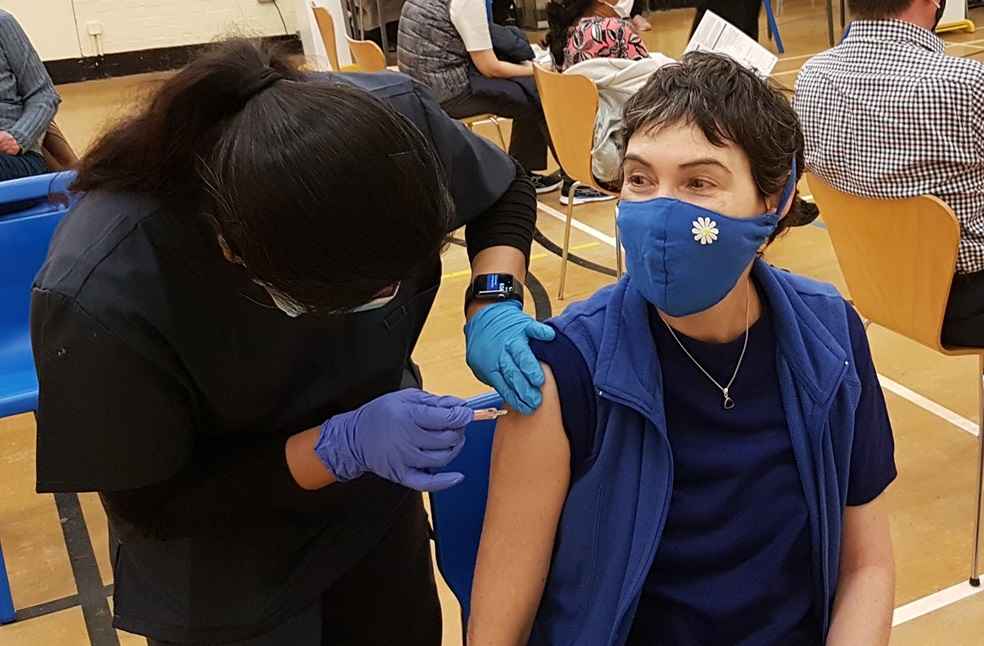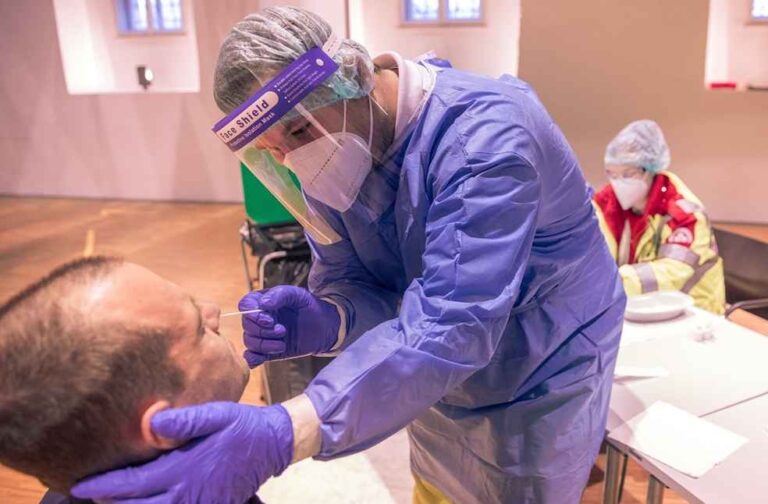Geneva: Recent data from the World Health Organization (WHO) shows that antibiotics have been frequently overused during the COVID-19 pandemic worldwide.
This overuse may be attributed to the unnoticed spread of antimicrobial resistance (AMR), which is a serious public health concern. Studies found that only 8 percent of COVID-19 patients who were hospitalised carried bacterial co-infections that needed antibiotics. However, three out of four, or 75 percent of patients, were still given antibiotics as a precautionary measure.
The use of antibiotics varied from 33 percent of patients in the Western Pacific Region to 83 percent of patients in the Eastern Mediterranean and African Regions. Between 2020 and 2022, there was a drop in the medication of antibiotics over time in Europe and the Americas, but a growth in Africa.

It is crucial to observe and restrain the usage of antibiotics to thwart the further spread of AMR.According to a recent study, the highest rate of antibiotic use was observed in patients with severe or critical COVID-19, with a global average of 81 percent. However, in mild or moderate cases, there was a significant deviation across different provinces, with the African Region enclosing the highest use of antibiotics at 79 percent.

The World Health Organization categorises antibiotics as per the AWaRe (Access, Watch, Reserve) classification based on the threat of AMR. Unfortunately, the study discovered that worldwide, the most often prescribed antibiotics were in the ‘Watch’ category, which holds a higher possibility of resistance.

Dr Silvia Bertagnolio, WHO Unit Head for Surveillance, Evidence and Laboratory Strengthening, Division for AMR, stated that, “When a patient requires antibiotics, the benefits often outweigh the risks associated with side effects or antibiotic resistance. However, when they are unnecessary, they offer no benefit while posing risks, and their use contributes to the emergence and spread of antimicrobial resistance. These data call for improvements in the rational use of antibiotics to minimize unnecessary negative consequences for patients and populations.”

Antibiotics did not enhance clinical results for COVID-19 patients and may cause harm to those without bacterial infection. Rational use of antibiotics is required to evade negative consequences. WHO is running a systematic proof synthesis to announce forthcoming approaches. These conclusions are from data gathered from 450,000 COVID-19 patients in 65 countries over 3 years. WHO explained the conclusions in a scientific sign at the ESCMID Global Congress in Barcelona.

Dr Yukiko Nakatani, WHO Assistant Director-General for AMR, remarked that, “These findings underscore the important need to adequately resource the efforts to improve antibiotic prescribing globally, and are particularly relevant to discuss ahead of the upcoming UN General Assembly High-Level Meeting on AMR to take place this September.”
The upcoming UN High-Level conference on AMR aims to unite world authorities in their commitment to mitigating antimicrobial resistance across human and animal health, the agri-food sectors, and the environment. The gathering will foster political leadership, financing, and measures to delay the emergence and expansion of AMR.



